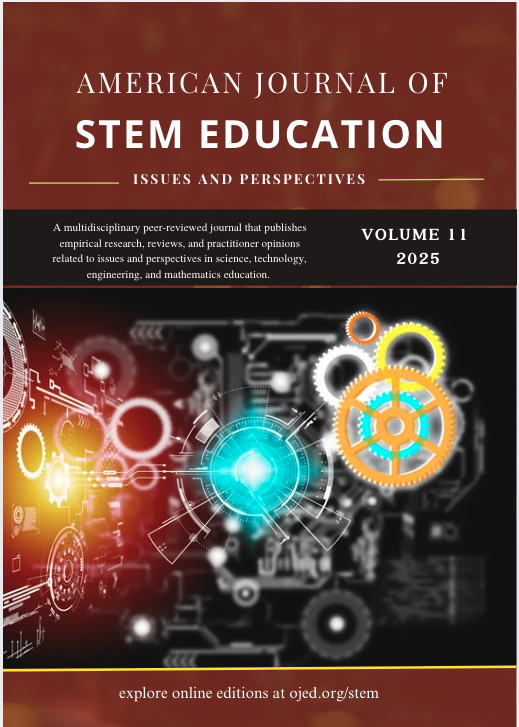Democratizing STEM
Citizen science as a tool for engagement and social change
DOI:
https://doi.org/10.32674/gznjkg56Keywords:
Citizen Science, STEM Equity, Participatory Research, Inclusive Education, Student EmpowermentAbstract
Citizen Science has emerged as a transformative approach to democratizing STEM education, making scientific inquiry more accessible, inclusive, and socially relevant. This paper explores how participatory research initiatives engage underrepresented students in STEM, fostering equity, belonging, and active scientific participation. By involving students in real-world problem-solving—such as water conservation, air quality monitoring, and biodiversity tracking—Citizen Science bridges the gap between academic science and lived experiences, empowering students to see themselves as contributors to knowledge production. Through case studies like Ponte Ahorrativo con el Agua, this paper highlights how Citizen Science fosters environmental stewardship, critical thinking, and scientific identity, particularly among students with limited access to traditional research opportunities. Additionally, participatory research supports AJEDI (anti-racism, justice, equity, diversity, and inclusion) principles, addressing systemic barriers in STEM education. By integrating Citizen Science into formal and informal learning environments, educators, policymakers, and institutions can expand access to STEM careers, enhance student engagement, and foster community-driven innovation. This paper argues that supporting participatory research initiatives is crucial for developing a more just, inclusive, and impactful STEM education ecosystem where all students, regardless of background, have the opportunity to contribute to and benefit from scientific discovery.

 Call for Special Issue Proposals
Call for Special Issue Proposals 


